Every time I go to Bombay, I invariably end up with at least one meeting at the Otter's Club, off Bandra's Carter Road. Screenwriter Milap Zhaveri once, filmmaker Rakyesh Mehra another time. And after each of these meetings, I have religiously taken a long walk along Carter Road to search for that spot where there once used to be a bungalow called "Anupama". I have never been able to find that revered place but the memories of the one and only time I ever went inside Hrishikesh Mukherjee's beautiful, sea-facing, former home still stay fresh in my mind.

It was almost a decade ago, in my early days of journalism. That first milepost interview was made all the more significant because, like so many other middle class Indians, I had grown up on his films, my entire extended family used to love his movies. They still do. In fact, family history records it that everyone wept buckets when they all saw Anand together in Chanakya, ironically to celebrate the birth of a cousin.
As a journalist, there's this constant tussle within: how to be friendly enough with a celebrity to get a good interview and how to simultaneously maintain a distance so that you are able to critique their work effectively. With Hrishikesh Mukherjee, I decided to let go of these necessary divides and blurted out starry-eyed that I loved his work. Even if I had wanted, he would not have allowed me to stay aloof from him. With his disarming call "beti", over tea and biscuits, he pulled me into his world, and became a grandpa figure (like a Ashok Kumar or Utpal Dutt of his films) in that one instant rather than the formidable filmmaker that he was. And never once did he let it be known to me that gout and chronic arthritis were giving him immense pain during our long conversation conducted against the backdrop of a Ray photograph.
Advertisement
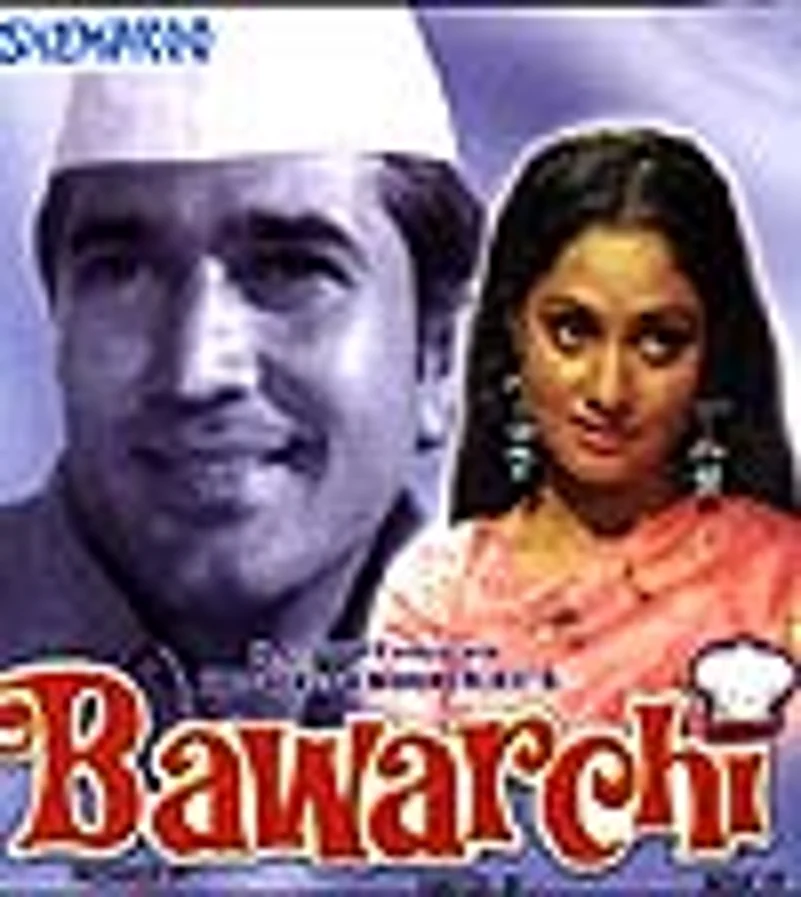
Even in his films, he always managed to pull us into his world, a world that was a close approximation of our own. They reflected our realities, held mirrors to our lives. They were about our kind of people, our stories and our values, our emotions and even about our jokes and intrigues. The defining style principle was simplicity. He claimed his cinema derived from Harindranath Chattopadhyay's line which was also used as a dialogue in Bawarchi: "It is so simple to be happy but so difficult to be simple." They were all decent, dignified movies.
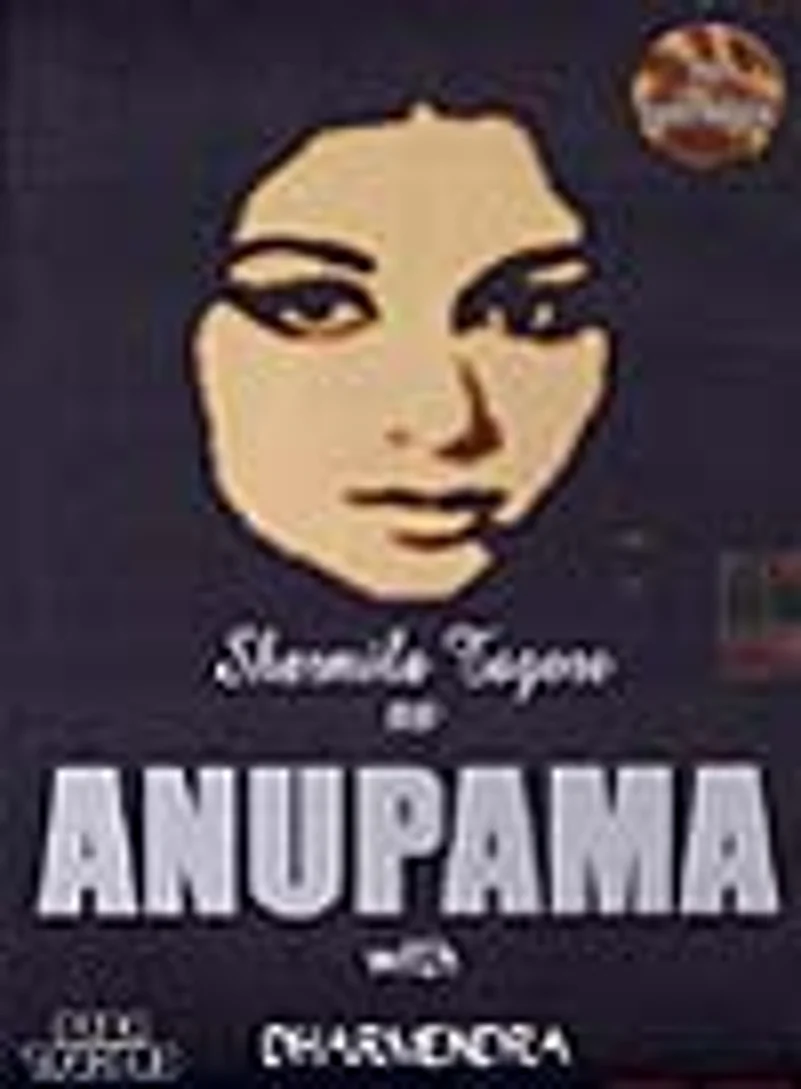
People who knew him very well recall how his life and his work were always one. No wonder several films got shot in "Anupama". Whether the house gave his popular film Anupama its title or was it the other way around? I never tried to find out, but what I did get to know was that the house constantly filled in as the film set and that his sets, in turn, were always warm and homely. There was little distinction between the personal and the professional space. No wonder the films boasted of great ensemble performances, each actor tuning wonderfully with the other, reflecting the camaraderie they shared off screen as well.
The house had a beautiful coconut palm in the porch, a wonderful seating space. It was a meeting point for intellectual stalwarts, like Ghatak, Kumar Shahani, Harindranath Chattopadhyaya, Rahi Massom Raza, Rajinder Singh Bedi, Gulzar; also all his IPTA associates like Hangal, Utpal Dutt and Balraj Sahni. The place was the adda where they shared tea, talked sports and politics and generated ideas, while Mukherjee played chess like a man possessed, between shoots, while eating, talking, any time. He had three major obsessions in life: cinema, cricket and chess. This close-knit group of creative people also liked their share of fun and laughter. They played pranks, recited nonsense rhymes and sang subversive songs. Railgadi and Nanu ki naani ki nau chali, the two Harindranath Chattopadhyaya poems that were used as songs in Aashirwad were recited here first.
Advertisement
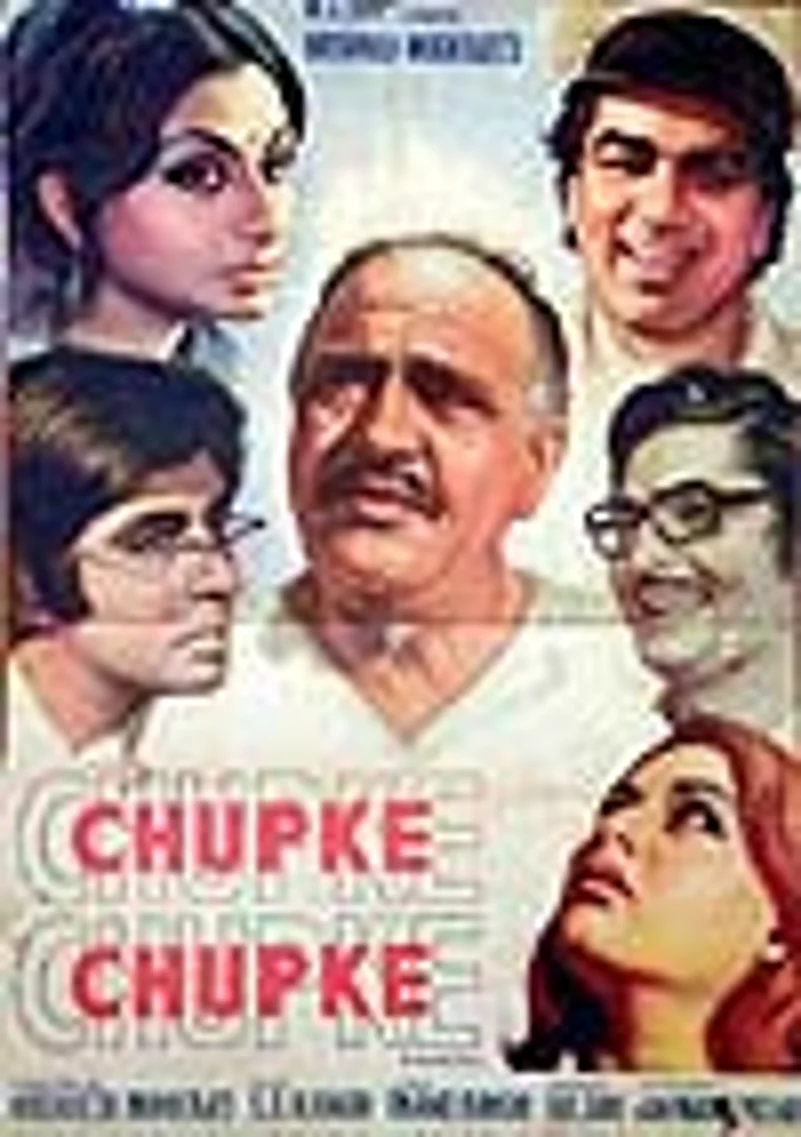
I too became a participant in one joke that day. It had taken me a little while to reach "Anupama". I had asked several people for the directions but nobody could tell me the correct way to the house. "What did you ask them?" he questioned. "I told them to guide me to Hrishikesh Mukherjee's house," I replied. "That's where you went wrong," he laughed. "You should have asked for Hrishi's place. Ab kesh [hair] to bache hi nahin hain," he said pointing towards the bald pate. I could see where the humour in Golmaal and Chupke Chupke would have come from. Mukherjee could make us laugh uproariously because he could laugh at himself.
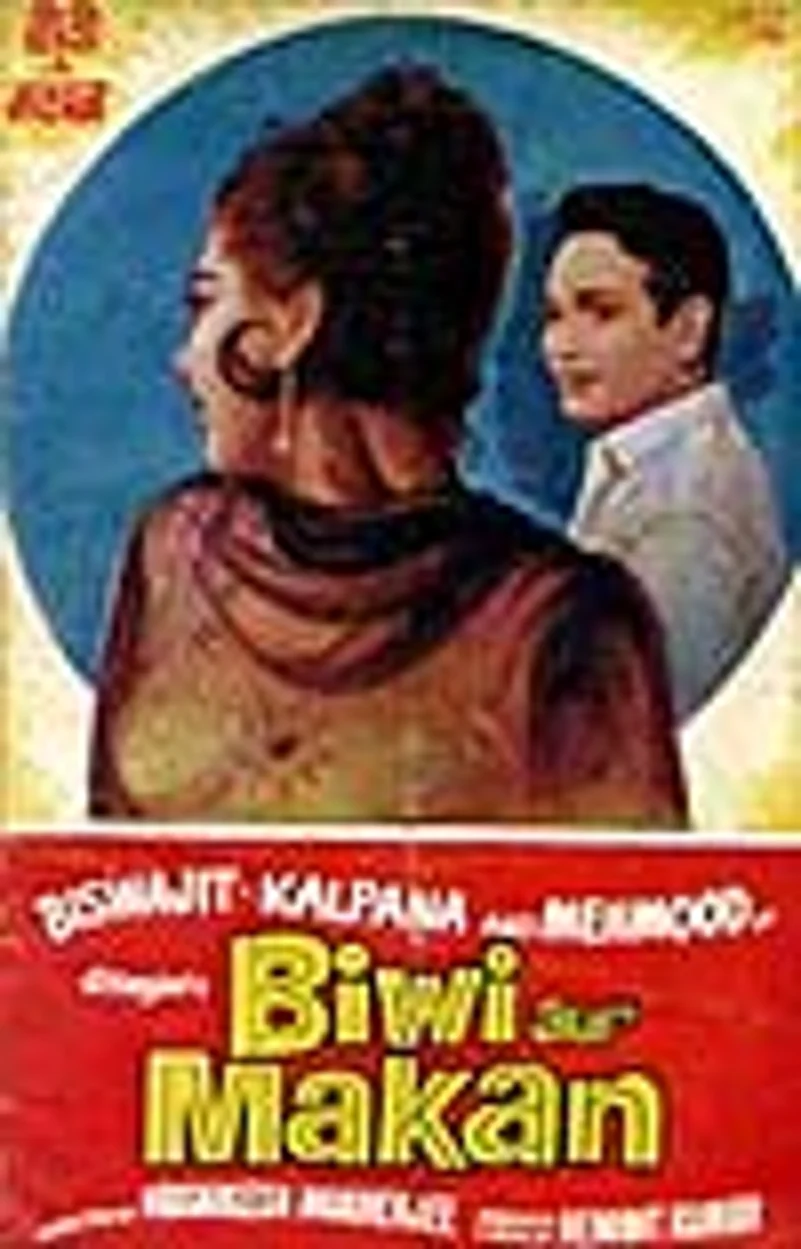
He made varied set of films, from comedies to an opera like Biwi Aur Makaan and even a delectable whodunit, Buddha Mil Gaya. But the favourite theme was death, portrayed in the most noble, romantic way. "Maut tu ek kavita hai/ mujhse ek kavita ka vaada hai milegi mujhko [Death, you are a poem /a poem has promised to meet me]": that may well be the most celebrated death sequence in Hindi cinema in Anand. Or Lalita Pawar, with her eyes open, staring at the cross in Anari. "The moment you are born you have to accept death. It is a beautiful incident in life, just like birth. My effort has been to portray the beauty and not to scare my audiences away with the morbidity," he said.
Advertisement
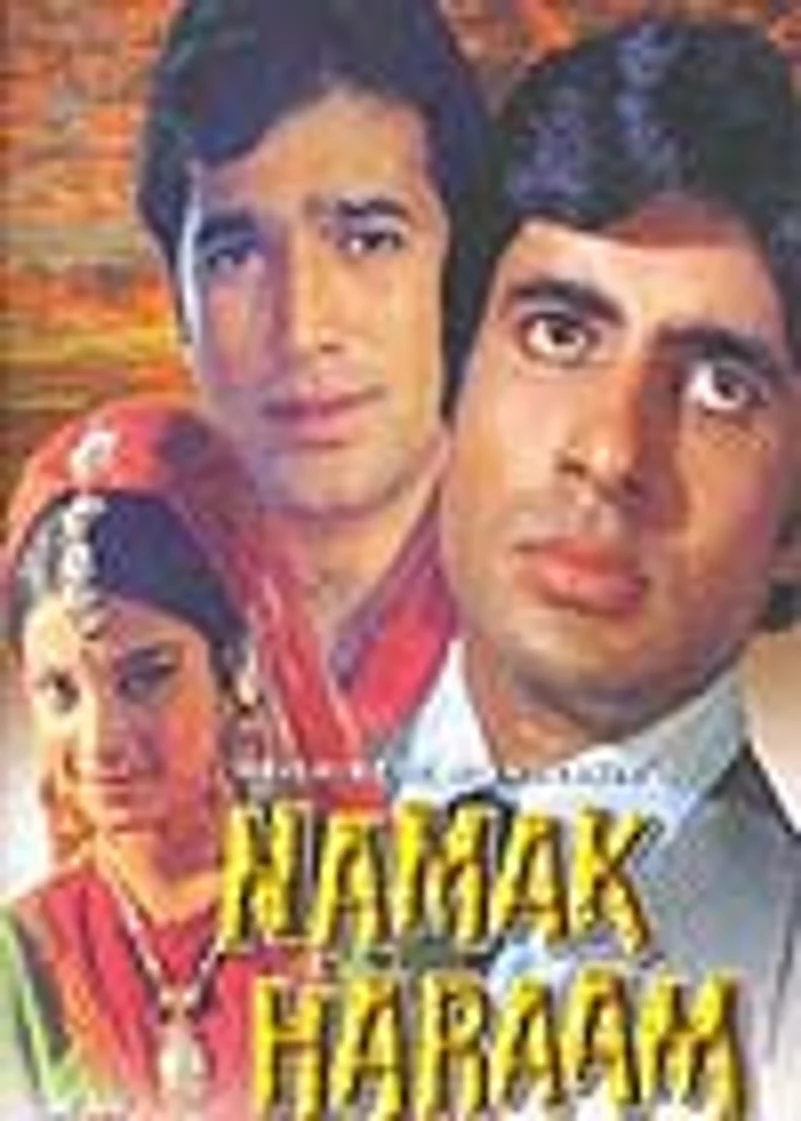
One of the regulars at his house and in his films was Amitabh Bachchan. Mukherjee was the director with whom he worked the most and arguably did his best work for. [Bachchan agrees, as he pointed out in a tribute: "I will have to admit that most of the interesting characters that I played have been in films that were made by him - be it Anand or Mili or Chupke Chupke, or Bemisal or Namak Haram, or Jurmana. They were all exceptionally well-etched and, of course, the greatest opportunity to perform for me has been in his films ... it is difficult to pick one character and say that's the best - there was Anand and Abhimaan, Mili too - all of them unbelievable moments in film-making."] At a time when he was consistently playing the vigilante and the lumpen, Mukherjee had the audacity to keep reinventing Bachchan--the English professor who is forced to teach Botany to his beloved in Chupke Chupke, the drunkard with a dark past in Mili, the classical singer in Alaap, the jealous husband in Abhimaan, the doctor in Bemisaal, the shy babu moshai of Anand and the spoilt brat of Namak Haraam...
Advertisement

Some years ago, Hrishida moved out of the lovely "Anupama" to an adjacent set of flats. The bungalow itself got razed to make way for a new apartment block. Somewhere around the same time, his films too stopped holding the audience in sway. We often ask why films like those of Mukherjee's don't get made any more. "But where is the audience for them?" he had asked me then. "The middle-class families, my primary patrons, hardly go to cinema these days," he had said. Perhaps now they have returned to the multiplexes. But then the Indian middle-class families have changed; they are into mall-shopping, pub-hopping and money-making than relationships and values. Every age deserves its cinema. Right here, right now we deserve the plastic dreams of Karan Johar. But we still ceaselessly watch Mukherjee's intimate films in the comfort of our living rooms on TV.
Advertisement
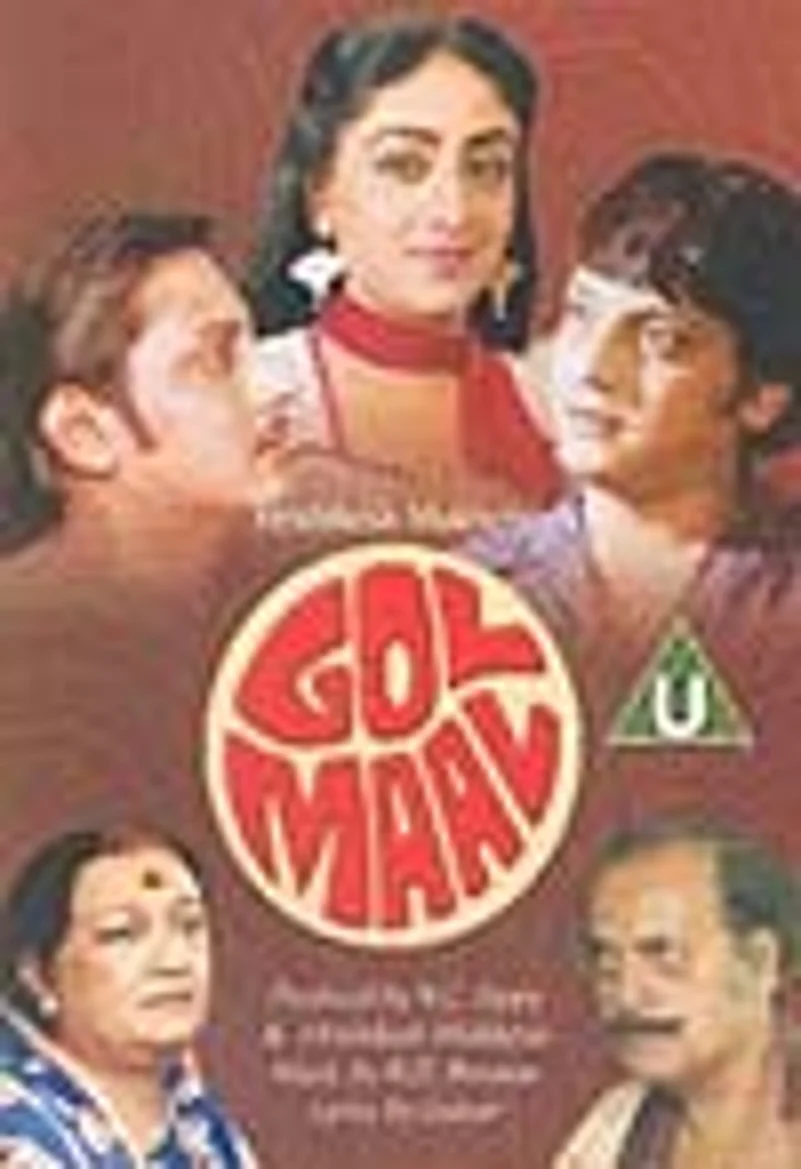
My own hunch is that a Golmaal and Chupke Chupke must have had more repeat viewings on TV than all other films put together. Is that mere nostalgia on our part or a way to hold on to the life that has passed us by and that we know we can't bring back? [Amitabh Bachchan counters: "They don't create people like Hrishida any more. I think it's wrong to say his kind of cinema doesn't work any longer. I'm sure if Hrishida were to make those kinds of films again, it would certainly have an audience"].
My love for Hrishida has always been unconditional, as it is also for Shashi Kapoor who I was charmed by when I saw him croon Khilte hain gul yahan... in Sharmilee. Over the years I have gone into different kinds of cinema. I appreciate Ray, love Kieslowski and adore Wong Kar Wai. But the strong connect with Hrishikesh Mukherjee's films is unwavering. Perhaps it’s because his movies were never an art form, but just another part of me.
Advertisement
This Sunday, the 27th August, I happened to be in Bombay yet again. After my very last appointment at Taj Land's End as I whizzed to Juhu past Carter Road, as a matter of habit, I looked for the "Anupama" spot yet again. And smiled wistfully. Little did I realise then that soon it would be impossible for me to even find Anupama's former owner in the crowd of humanity.
***
maut tuu ek kaviitaa hai
mujhase ek kaviitaa kaa vaadaa hai milegii mujhako ..
Duubatii nabzoN meN jab dard ko niiNd aane lage
zard saa cheharaa li'e chaaNd ufak tak pahuNche
din abhii paanii meN ho raat kinaare ke kariib
na abhii aNdheraa ho na ujaalaa ho
na raat na din
jism jab khatm ho aur ruuh ko saaNs aae
Advertisement
- Gulzar, recited by Amitabh Bachchan in Anand, followed by Rajesh Khanna:
zindagii aur maut
uparwaale ke hath hai jahapanaa
jise na aap badal sakte haiN na maiN…
hum sab to rangmanch kii kathputliaan haiN
jiskii Dor uparwaale ke haath baNdhii hai..
kab kaun kaise uthegaa ye koii nahii jantaa
hahaha!




















